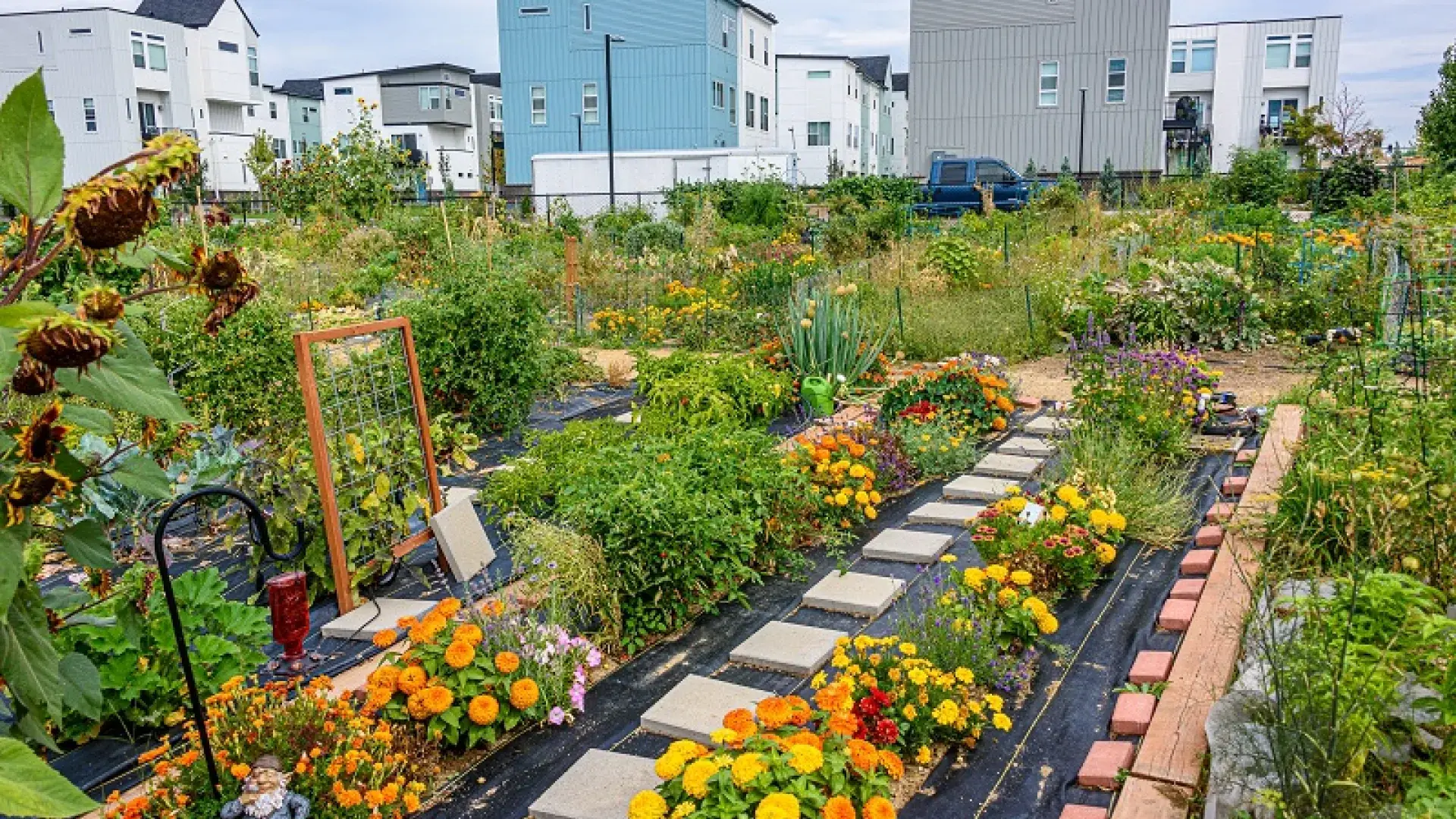
What does climate justice have to do with the novel coronavirus pandemic and racial injustice in the United States?
Everything, says Patrice Nicholas, director of the MGH Institute’s Center for Climate Change, Climate Justice, and Health.
“Climate justice not only intersects with climate change, but it intersects with COVID-19 and communities of color,” she says. To that point, the Center recently held a webinar, co-sponsored by the Alliance of Nurses for Healthy Environments, on the intersection of climate change and COVID-19.
This intersection is starkly illustrated in Chelsea, which has the highest rate of coronavirus infection in Massachusetts. Located adjacent to the Institute’s campus, the town has a large population of immigrants, many of whom are Latino. “Those from Latino and African American backgrounds are disproportionately affected because they live in areas where often there's far more exposure to greenhouse gas emissions,” Dr. Nicholas says. “There is clear evidence that exposure to poor air quality is associated with poor outcomes from COVID-19.”
Associate Professor Suellen Breakey, who is on the Center’s steering committee, notes that the global shutdowns caused by the pandemic and the consequent decrease in greenhouse gas emissions – which plunged 26% globally in April compared to 2019 – illustrate “the intersectionality of COVID-19 and climate change. In addition, COVID-19 is uncovering deep societal inequities.”
These societal inequities have been the focus of recent Black Lives Matter protests and activism. Dr. Breakey says that simply explaining that different populations are more susceptible to health impacts because of various factors skirts the underlying issue of systemic racism. “We’ve been dealing with health inequities on an individual or population level,” she says, “and not really looking at the systems of oppression. We tend to address these things from a medical viewpoint and then add a social perspective. But we need a top-down approach.”
Breakey says that calling out systemic racism “will allow us to look differently at how we address it from an educational perspective – and also from a clinical perspective. It’s going to change how we look at climate change and health going forward.”
Increasing awareness is only the first step, adds Nicholas: “Education and awareness precede advocacy, but they can also go hand in hand.”

